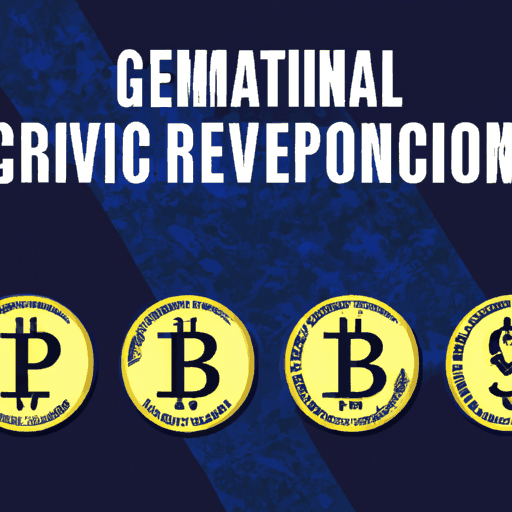
Learn Concept: Enhanced Powers to Regulate Crypto-Related Crimes
By: Eva Baxter
In an effort to combat the rising incidence of crypto-related crimes, the UK government has enacted new legislation that grants increased powers to the National Crime Agency (NCA) and the police. Law enforcement now has the authority to seize, freeze, and even obliterate digital assets associated with illicit activities. This powerful toolset took effect on April 26, empowering crime fighters with additional means to disrupt the financial streams of criminal organizations leveraging cryptocurrencies for money laundering activities.
The alterations to the law make up a larger nationwide strategy to address cybercrime and control the influence of digital assets on the UK's economy. A significant change to the proceeds of crime and anti-terrorism laws of the UK is the removal of the requirement for an arrest to be made prior to the seizure of cryptocurrencies. This is particularly effective against criminals who choose to remain anonymous or operate from foreign jurisdictions. Law enforcement can now also take into possession items such as written-down passwords or memory sticks that could be useful in investigations. They also have the liberty to transfer illicit digital assets into electronic wallets administered by the government, blocking off criminal access.
Government officials also now have the capability to destroy specific digital assets, especially privacy coins, that offer high levels of anonymity and are frequently exploited for illegal activities. This step prevents these assets from making their way back into the general circulation of digital currencies. Crime victims can now request for the release of funds held in crypto accounts. This provision, according to Home Secretary James Cleverly, enables national security and encourages economic growth through legitimate applications of cryptocurrency. In collaboration with the United States Drug Enforcement Administration, the NCA has already put these powers to use, dismantling a drug network worth millions of dollars and seizing $150 million in cash and cryptocurrencies.



